These are the EVs we're most excited about for 2024
The next 12 months will see new electric cars by everyone from Mini to Maserati – and we can't wait to drive them

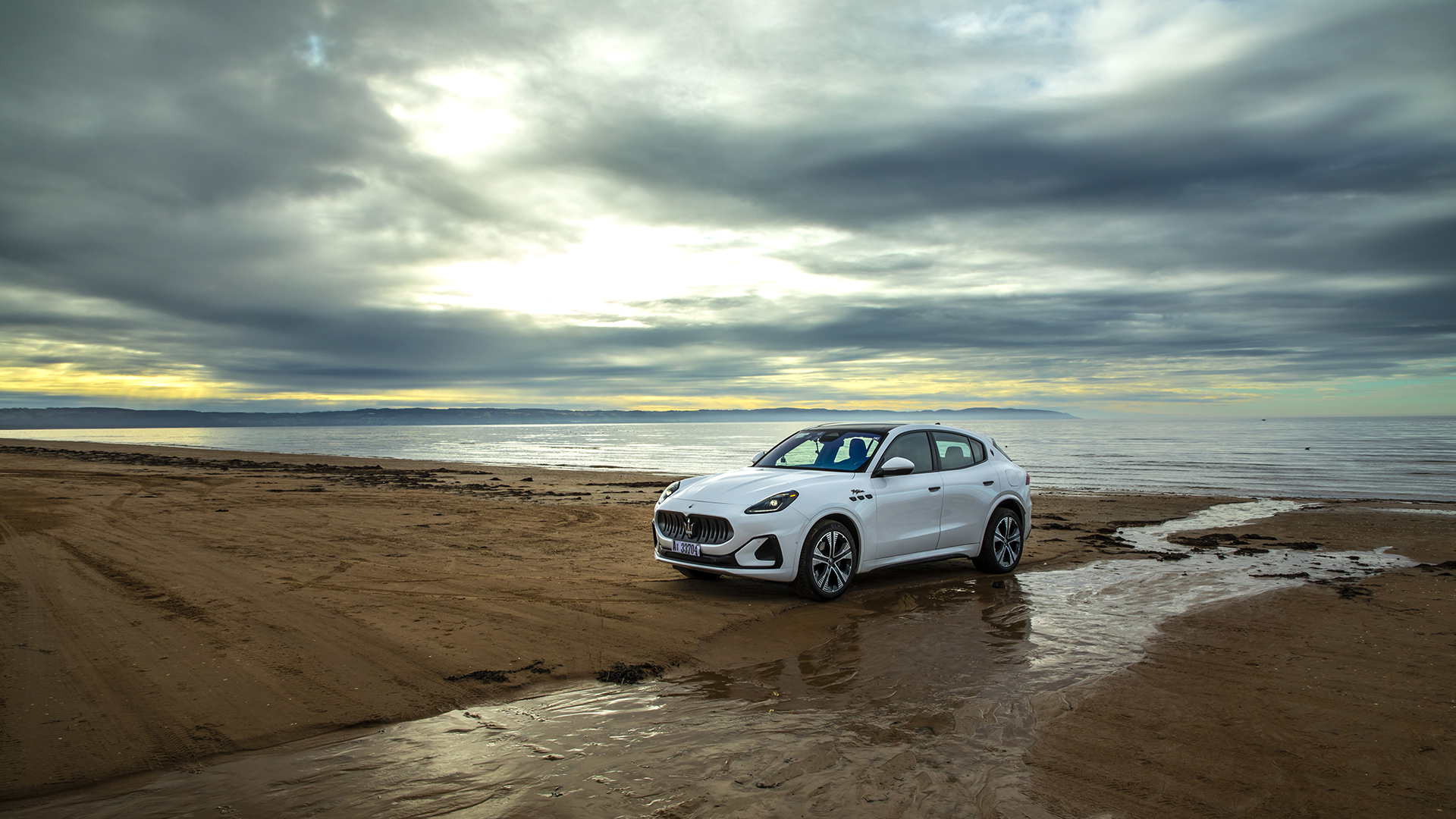
2024 is set to be a huge year for electric cars, with major new launches from Audi, Hyundai and Polestar, plus an all-new Mini and the first electric SUV from Maserati.
There's also the Lotus Emeya, a four-door super saloon set to do battle with the Porsche Taycan, the handsome Volvo EX90 and even a two-seat convertible sports can from a resurgent MG. Who'd have thought we would be saying that just a couple of years ago?
Oh, and don't forget the first all-electric Range Rover. We don't know much about this one just yet, but it should arrive before the end of 2024, likely beating most other luxury SUVs to the plug-in punch.
Plainly, there's a lot to be excited about. So unhook the charger, put on your seat belt and join us for a roundup of the new EVs we're most excited about for 2024.
Audi A6 / Q6 e-tron
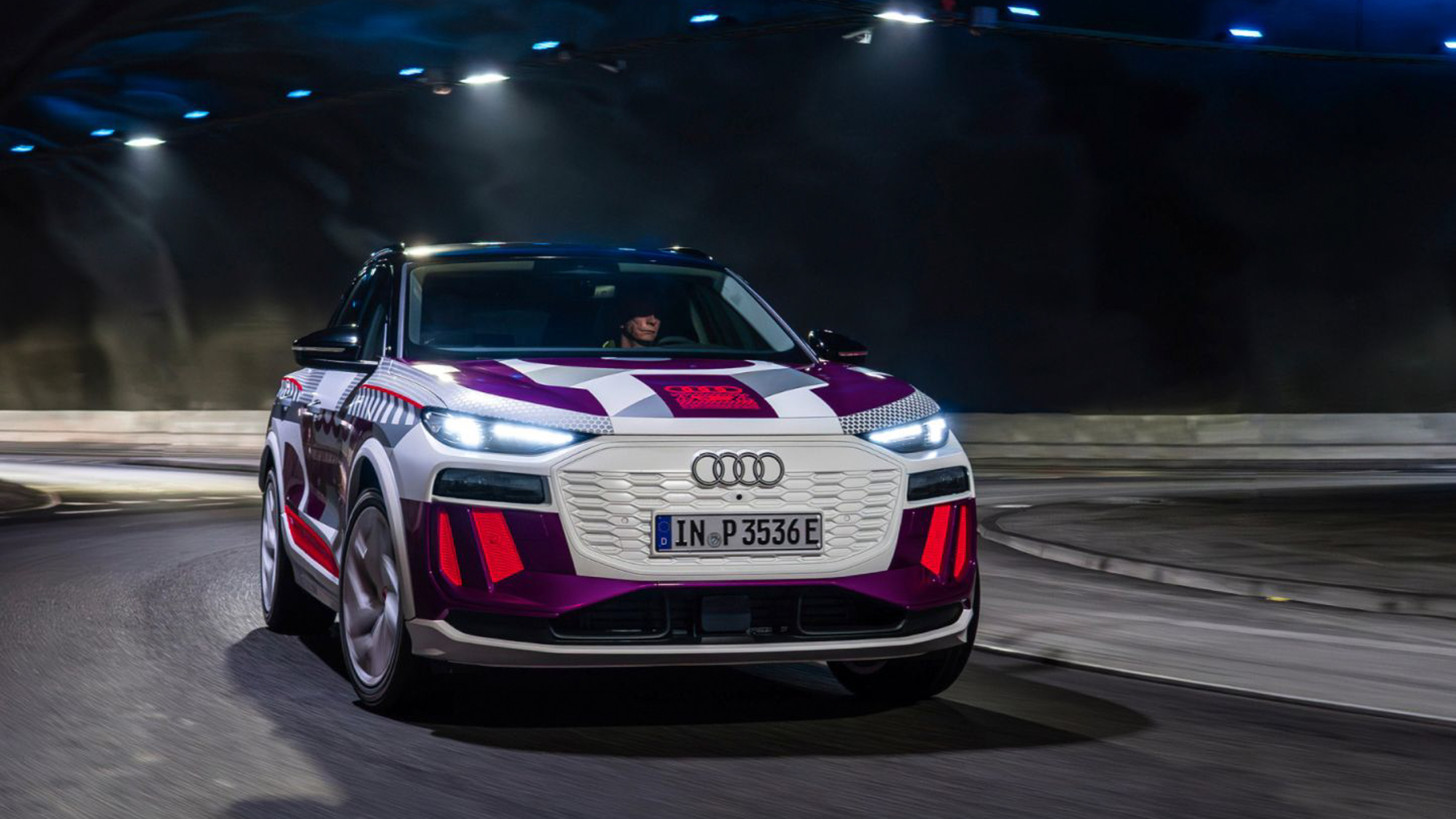
Audi’s electric family will grow in 2024 with the new Q6 SUV (shown above in concept form) and related A6, with the latter available as a coupe-style Sportback and seriously stylish Avant estate. The A6 and Q6 E-tron will share the same platform, naturally, and this will also be closely related to the underpinnings of the electric Porsche Macan.
A dual-motor, all-wheel-drive setup is expected, while Audi’s next-generation infotainment system will make its debut in the A6 and Q6 E-tron, with three screens spread across the dashboard. Interestingly, the 10.9in passenger display has a ‘privacy mode’ whereby it can show video to the passenger without distracting the driver. Audi says the voice assistant of its new Android Automotive system is self-learning and will remember information from previous conversations.
BMW i5 touring
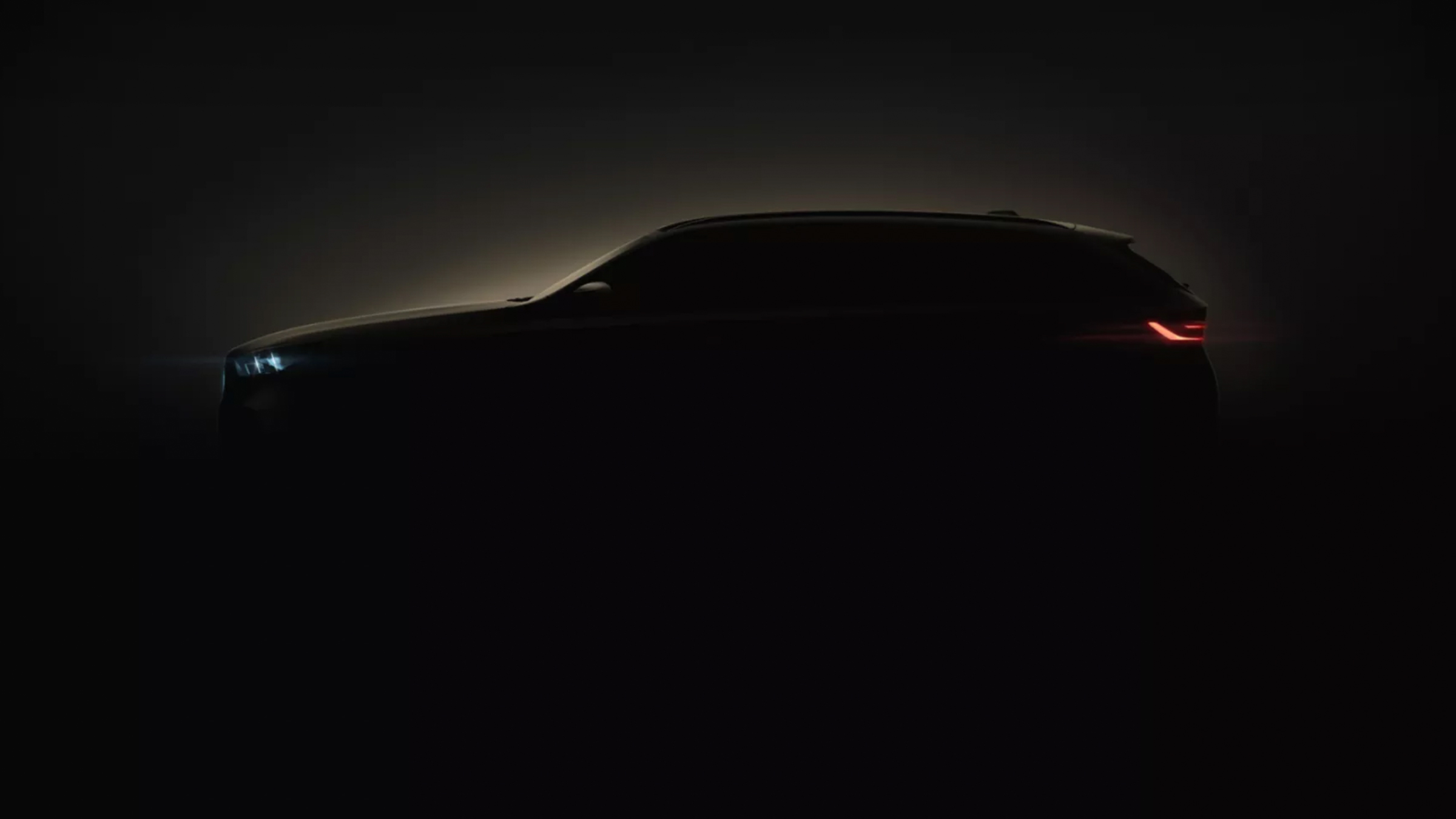
We’ve already driven the fantastic new BMW i5, and while the switch from saloon to estate might not seem radical, the extra practicality – and, we hope, even more stylish looks – will make the upcoming i5 Touring truly special. BMW hasn’t said much about the electric estate for now, and all we’ve seen is a moody, low-light silhouette, but it has confirmed a spring 2024 reveal and how the 5 Series Touring will be available with petrol, mild hybrid, plug-in hybrid and all-electric configurations.
Get all the latest news, reviews, deals and buying guides on gorgeous tech, home and active products from the T3 experts
As with the i5 saloon, the Touring will be available in top-spec M60 configuration. That means two motors, all-wheel-drive, and a massive 600 horsepower under the driver’s right foot. Your dog’s going to love it.
Hyundai Ioniq 7
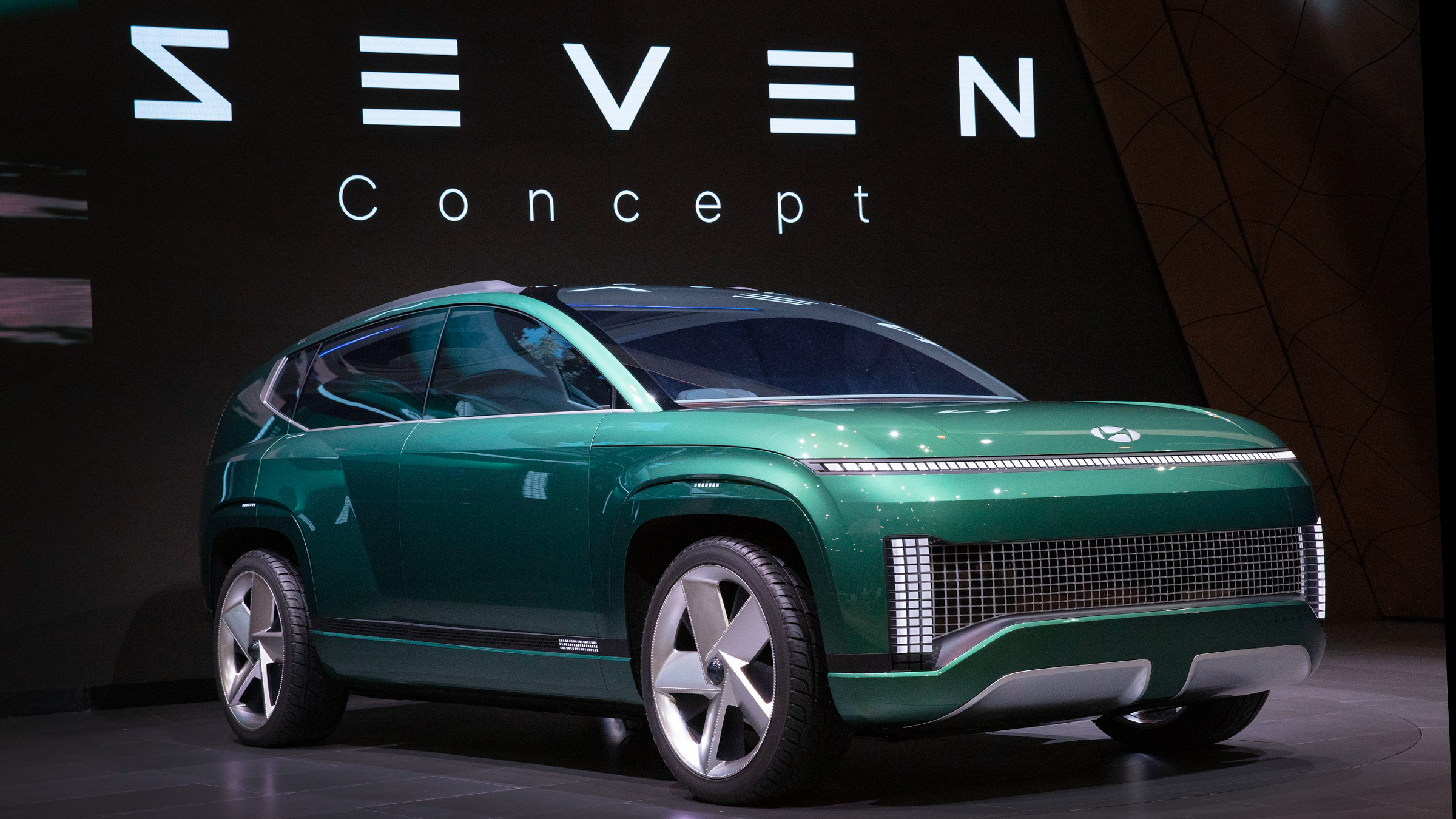
To be the flagship of Hyundai’s all-electric Ioniq range, the 7 (shown above in concept form) shares its modular E-GMP platform with the closely related Kia EV9. Kia likes to design its Ioniq range as a set of chess pieces, all sharing the same base but with markedly different bodies on top. We certainly saw this with the distinctly different Ioniq 5 and Ioniq 6, so we can’t wait to see what the larger 7 will look like once it's revealed in 2024.
Pixel-style exterior lighting will be a key design detail of the Ioniq 7, while the interior is likely to be spacious and airy with lots of room across all three rows of seats and plenty of clever storage. The dual 12.3in display setup of the Ioniq 5 and 6 will probably make an appearance in the 7 too, along with the optional for digital side mirrors. The E-GMP’s 800V system will mean fast charging, but Hyundai hasn’t yet revealed any other specs for the Ioniq 7.
Lotus Emeya
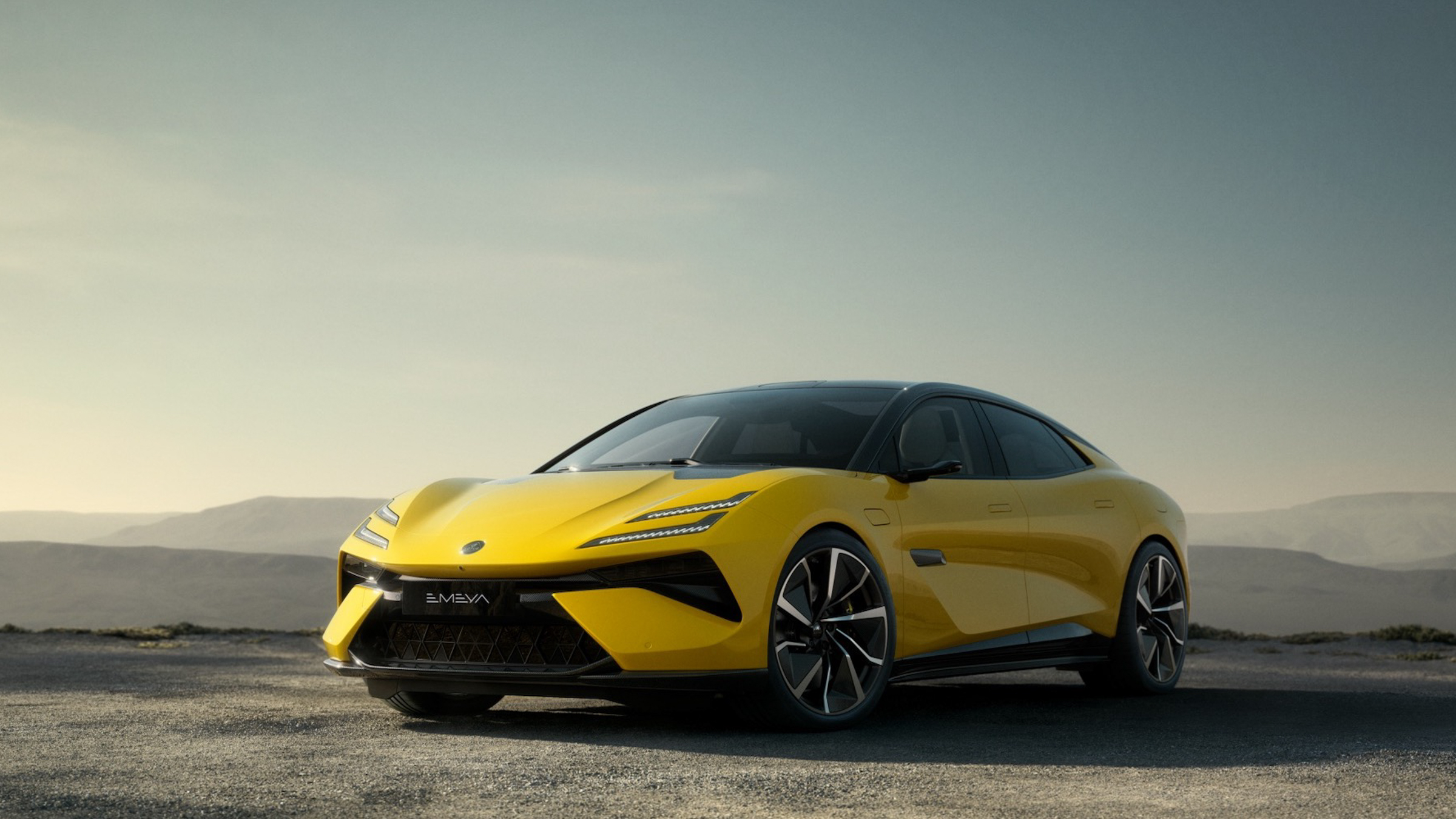
Like MG, Lotus is another British sports car company recently flush with Chinese cash, in this case from the automotive firm Geely that also owns Volvo and Polestar. For 2024 Lotus will follow up on its Eletre SUV with a luxury electric saloon called the Emeya. To rival the Porsche Taycan and Audi E-tron GT, the dual-motor Emeya produces an astonishing 905 horsepower and 985 Nm of torque. Lotus claims a class-leading power-to-weight ratio for the Emeya and a 0-62mph time of just 2.78 seconds.
An 800V electrical architecture means fast charging – Lotus claims 10 to 80% is as little as 18 minutes – while the cabin features carbon-backed seats, a 5G connection, cameras for wing mirrors, a KEF sound system and, naturally, a big touchscreen display. Prices are expected to fall somewhere between £100,000 and £120,000, and an estate version is also rumoured to be in the works.
Maserati Grecale Folgore
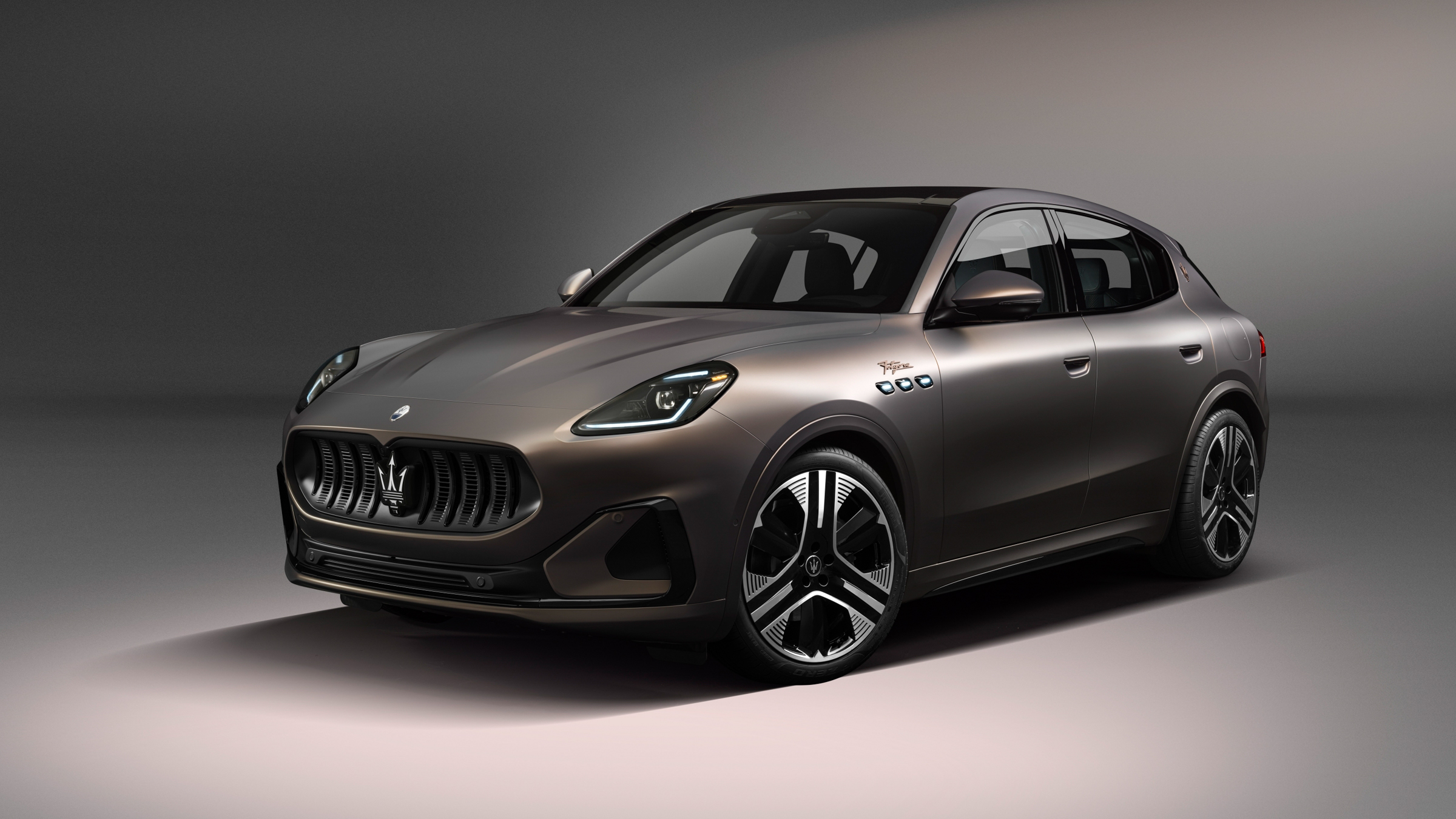
Folgore means ‘lightning’ in Italian and it’s the name Maserati is giving to its new all-electric cars. The first Folgore was a battery-powered GranTurismo and the second is this, the Grecale Folgore SUV, due in 2024.
The Folgore completes a Grecale lineup that also includes run-of-the-mill Modena and GT variants and the pumped-up Trofeo, which is powered by the turbocharged V6 from Maserati’s MC20 supercar. Likely to compete against the upcoming Porsche Macan EV, the Grecale Folgore uses two motors for all-wheel-drive and 550 horsepower. Maserati claims a 0-62mph time of 4.1 seconds and when driven more sedately, a range of up to 310 miles from the 105 kWh battery pack. It is expected to sit above the £100,000 Trofeo and become the new head of the Grecale family.
MG Cyberster
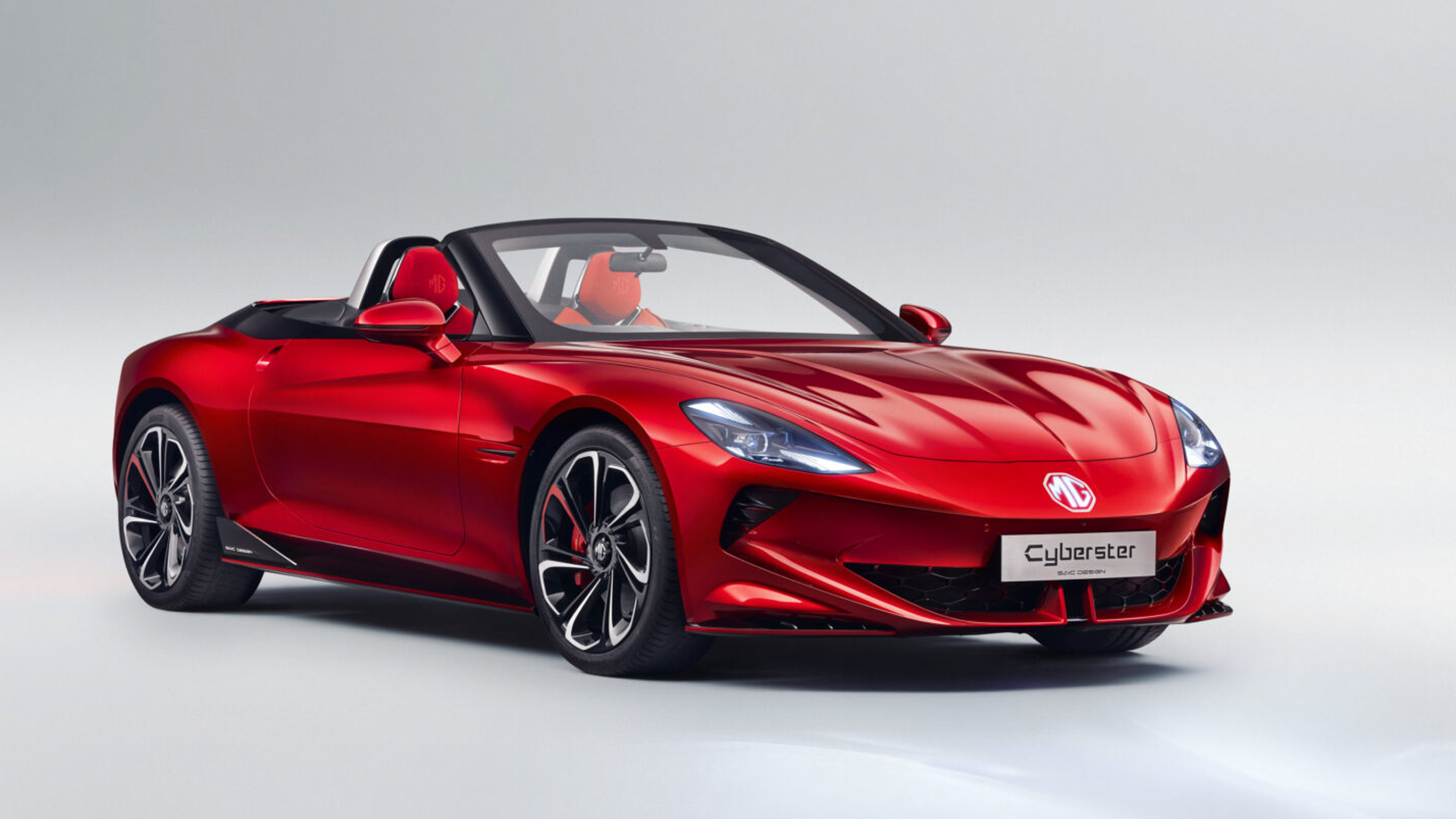
After a 13-year hiatus, MG is making sports cars again. To be the halo model of the resurgent brand, the Cyberster is a two-seater with a folding fabric roof, vertically-hinged doors and the option of a single-motor, rear-wheel-drive or dual-motor, all-wheel-drive powertrain. Prices are expected to range from around £50,000 to £65,000, with the entry-level car having a single motor on the rear axle, 335 bhp, a claimed range of up to 323 miles and a 0-62mph time of 4.6 seconds.
The dual-motor variant is expected to be considerably more powerful, with 536bhp at the driver’s disposal. Now owned by deep-pocketed Chinese giant SAIC, MG says the Cyberster will come to the UK in the summer of 2024.
Mini EV
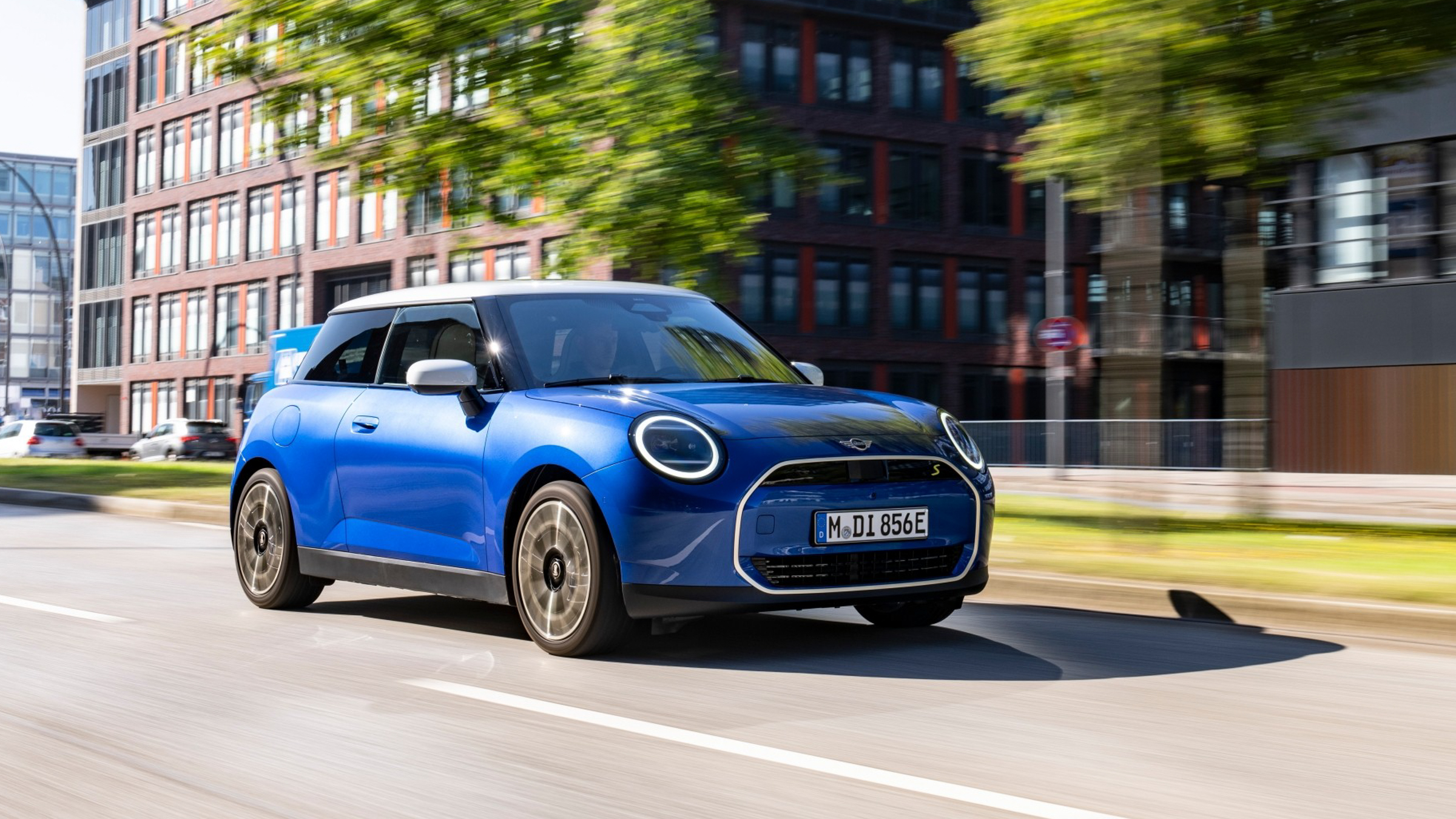
An all-new Mini hatchback is on the way, with a bespoke electric platform (although a petrol version will also be available), a range of about 240 miles, and a bold new interior with what Mini claims is the world’s first circular display to be fitted to a production car. We’ll be interested to see how third-party apps work on the round screen and its Android system, but it’s certainly a fun nod to the central, circular speedometer of the 1959 original.
The entry-level, £32,000 car has a 40.7 kWh battery, a claimed range of about 190 miles (much more than its predecessor) and a power output of 181 bhp. Prices then rise to about £38,000 for a larger 54.2 kWh battery, a range of about 250 miles, a power output of 215bhp and a 0-62 mph time of 6.7 seconds. The car will be joined by an equally new (and equally electric) Mini Countryman SUV.
Polestar 3
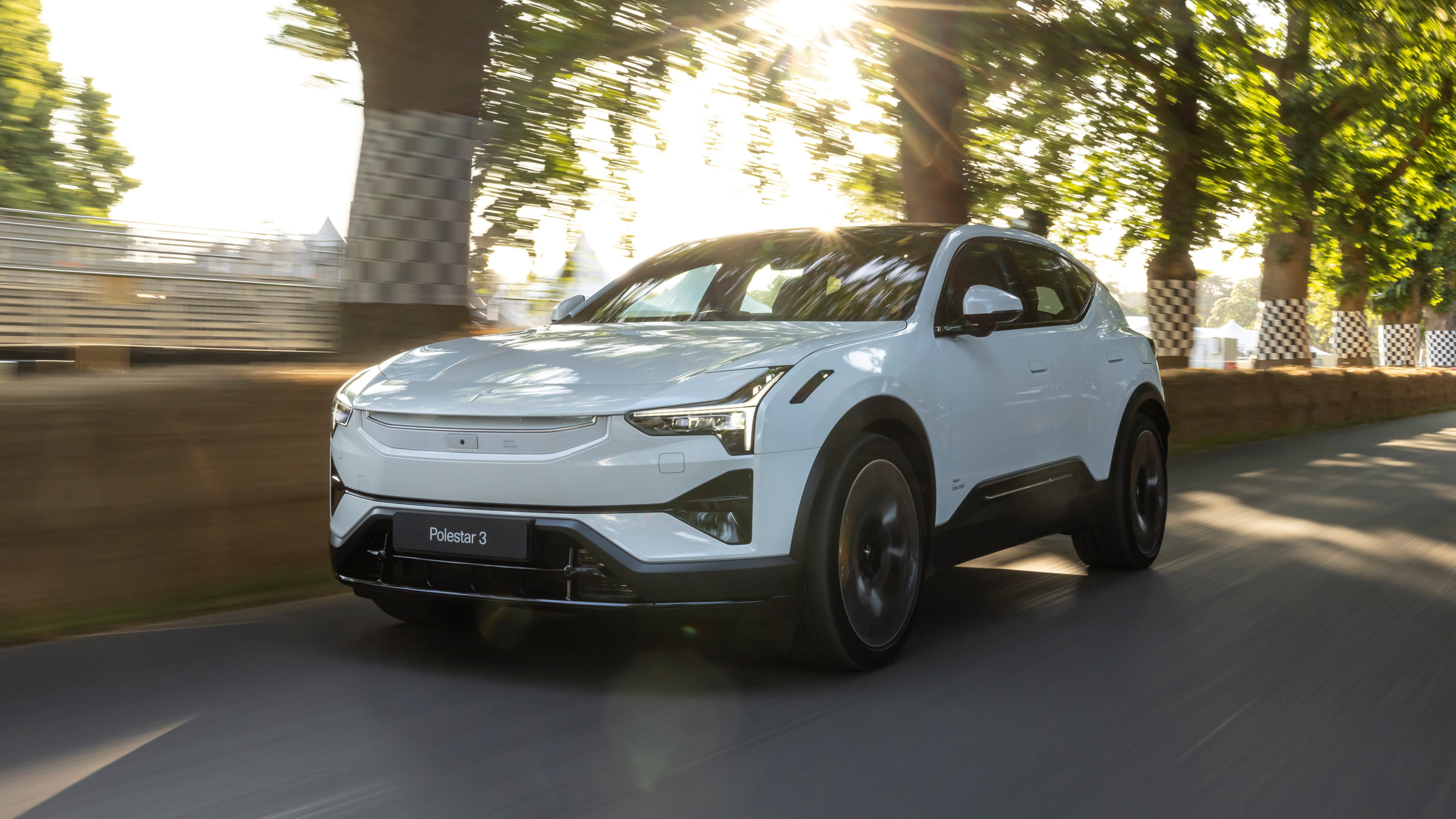
Due in the second quarter of 2024, the £79,000 Polestar 3 SUV is the company’s largest car to date, and will share a platform with the Volvo EX90, also due in 2024. The Swedish startup’s house style from the Polestar 2 remains, but for the larger 3 the company is going further up market, where it is expected to compete with the Jaguar I-Pace and BMW iX.
The first version of Polestar 3 to go on sale will be the dual-motor flagship in Long Range specification, promising 483 bhp, over 600 lb ft of torque and a 0-62mph time of 5.0 seconds. Range from its 111 kWh battery is up to a claimed 379 miles. Inside, there’s a 14.5in infotainment touchscreen running Google’s Android Automotive, with Google Assistant baked in and powered by Qualcomm’s Snapdragon Cockpit Platform. Other goodies include a 25-speaker Bowers & Wilkins sound system and, if you go for the Performance Pack, gold seatbelts.
Polestar 4
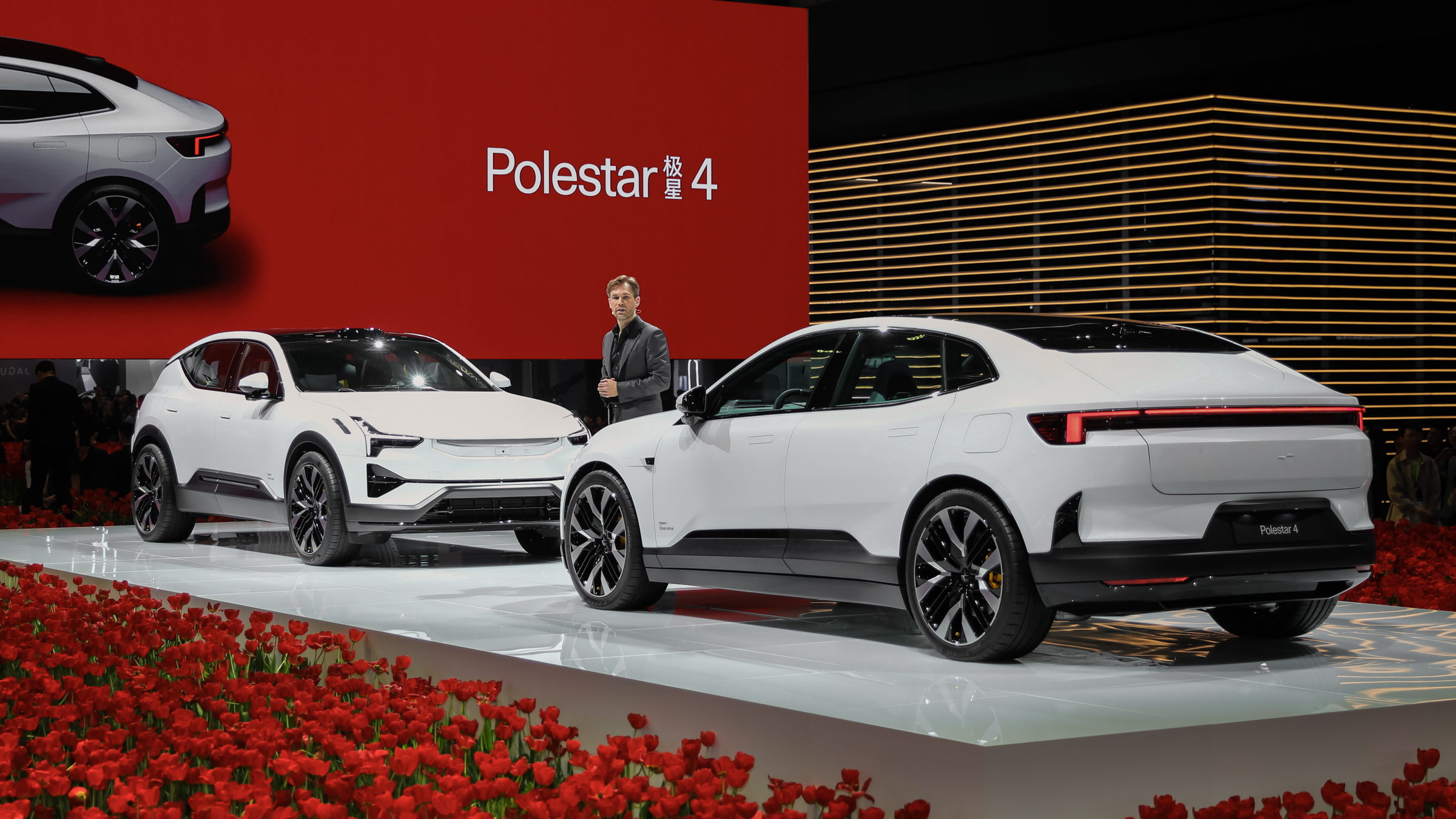
Aren’t Polestars like buses, eh? You wait ages then two come along at once. The Polestar 4 is an electric coupe to be priced from £55,000. It doesn’t share its platform with the larger Polestar 3, but that Swedish house style is present-and-correct once again, with sharp creases, a muted colour palette and a minimalist interior the order of the day.
What’s most striking about the Polestar 4 is its lack of rear windscreen, with the driver’s view behind augmented by a camera on the roof and a display where the mirror used to be. Polestar says the screen’s removal increases headroom for rear passengers and allows for a more dramatic design.
The dashboard is dominated by a 15.4in touchscreen display running Google software and, mercifully, Polestar has fitted a speedometer behind the steering wheel (Volvo and Tesla, take note). The top-spec version has a 102kWh battery pack and a range of about 350 miles. Polestar says the dual-motor variant puts out 537 bhp and delivers a 0-62mph time of just 3.8 seconds, making it Polestar’s quickest car to date.
Porsche Macan
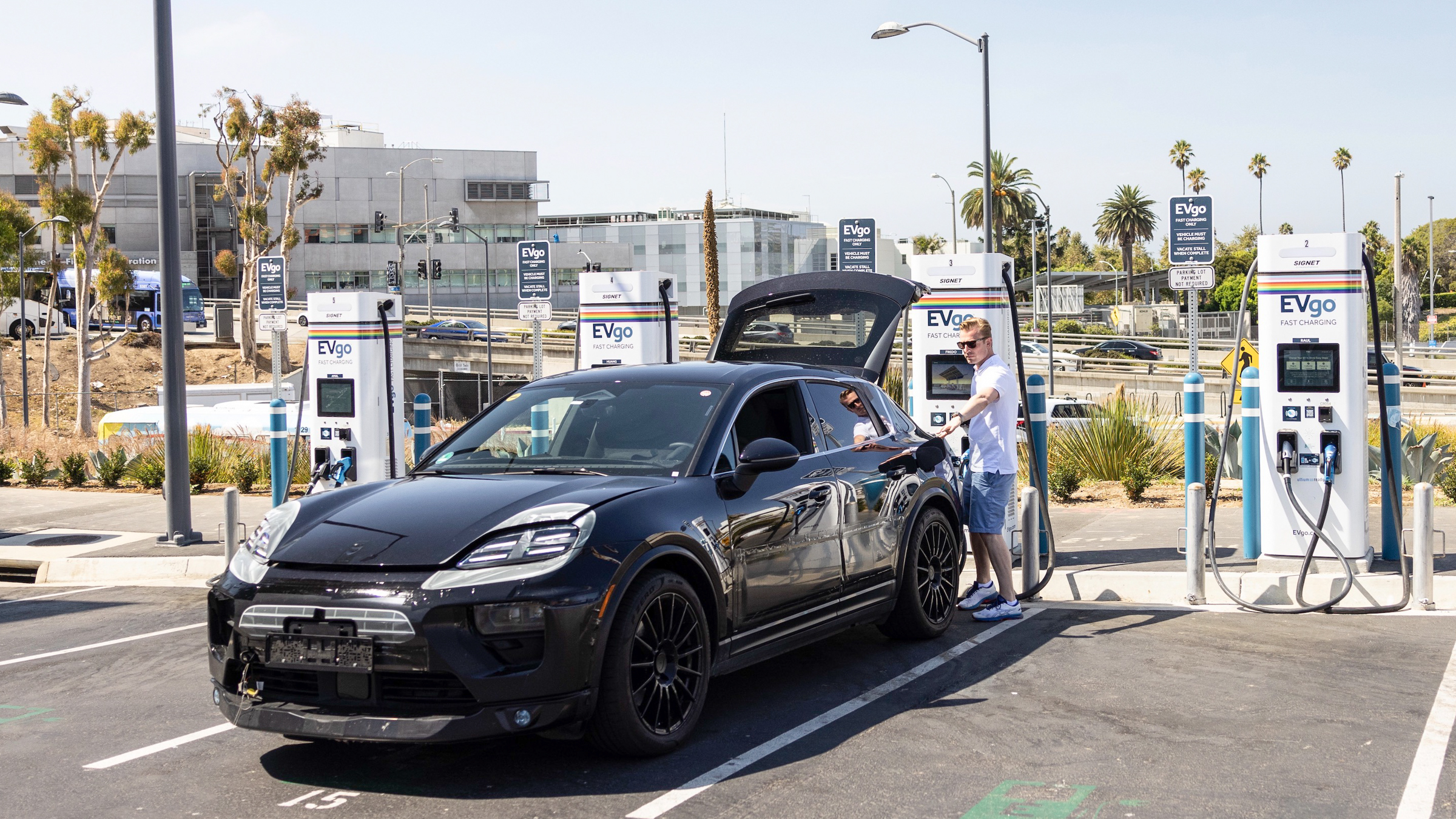
Porsche’s second electric car arrives in 2024, in the form of the all-new Macan SUV. To compete with the ageing Jaguar I-Pace, the plug-in Porsche shares its platform with the similarly sized Audi Q6 E-tron, also due in 2024. The all-wheel-drive Macan uses a pair of motors similar to those of the Porsche Taycan, with a maximum output from the flagship model of 603 bhp and 738 lb ft. Sportier models will have an electronic locking differential, fitted to the rear axle and designed to offer torque vectoring between the front and rear wheels.
The Macan will be fitted with a 100 kWh battery pack, slightly larger than that of the Taycan and with an expected range of around 300 miles. Like the Taycan, the Macan uses an 800-volt system that allows for a very fast charging rate of over 270 kW.
Range Rover EV
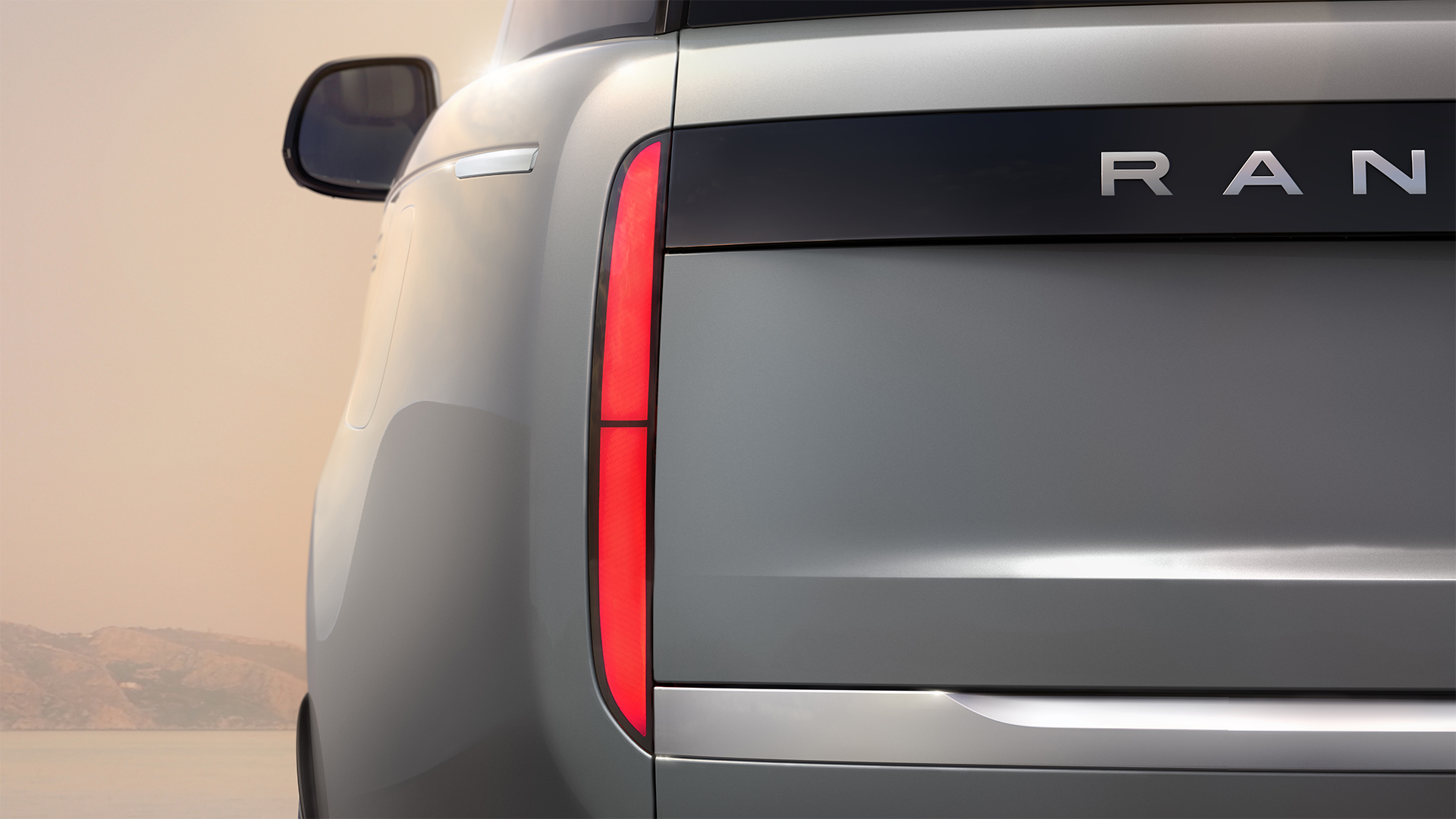
[update] We now have details of the first full-electric Range Rover. All we know so far is that it will target the performance of the V8, and the company's all-terrain capabilities. When the current generation car arrived a year ago it was said the hybrid platform was ready to work as a fully-electric car too.
Should it arrive before the end of 2024, the electric Range Rover could land ahead of battery-powered versions of rivals like the Bentley Bentayga, Aston Martin DBX and Porsche Cayenne. We can't wait to see how much more luxurious a smooth, silent electric drive train could make the Range Rover, and we're equally excited by the prospect of silent, emissions-free off-roading too.
Volvo EX90
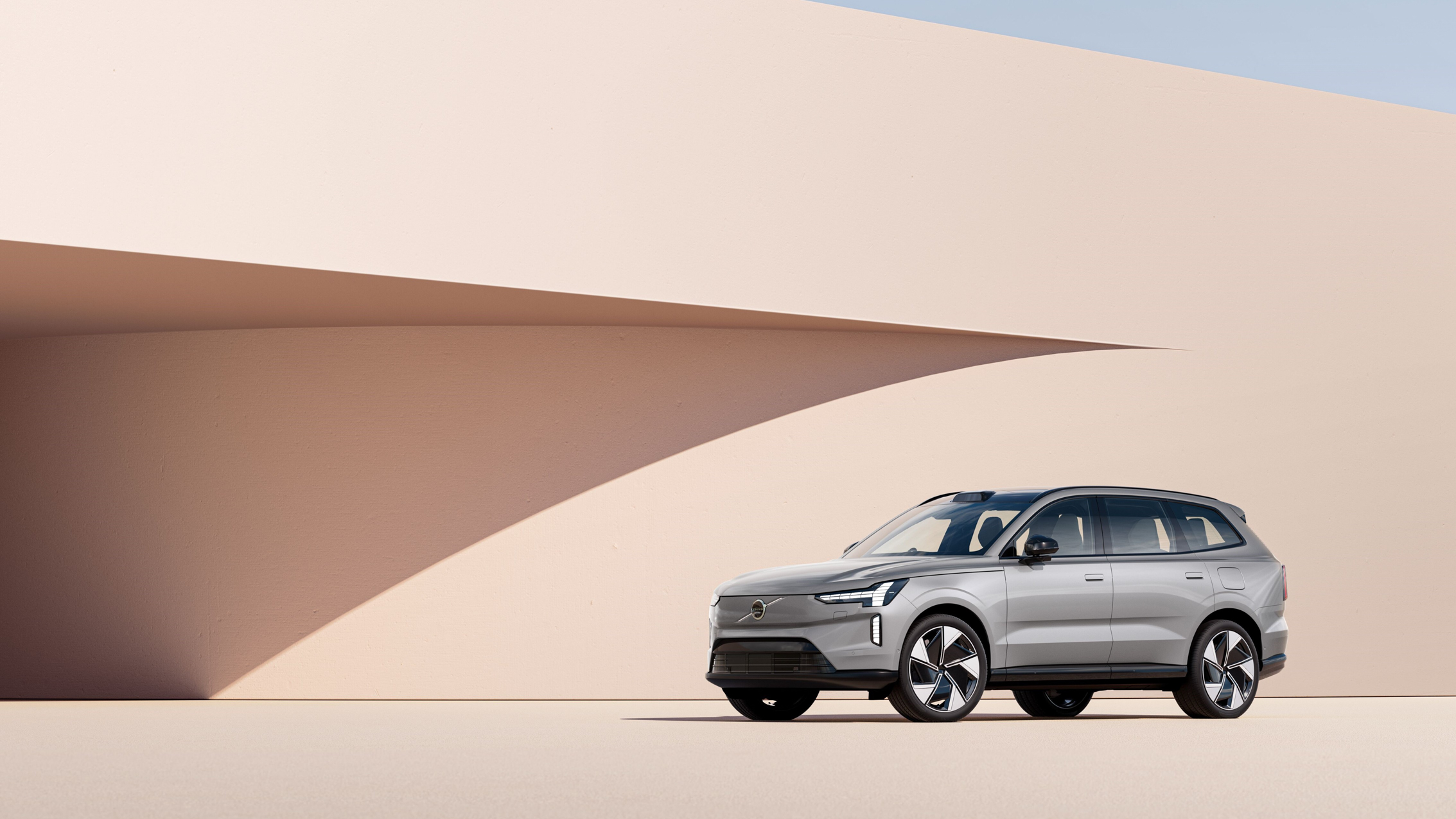
An all-electric replacement to the XC90, Volvo’s new seven-seat flagship SUV lands in 2024 and promises to be packed full of technology. This includes a lidar sensor on the roof for improved driver assistance (while also making the EX90 look a bit like a London taxi), 5G connectivity, native support for Google Maps, and even side mirrors that automatically adjust based on the position of your face.
Volvo says the EX90 has a range of up to 363 miles, produces 517hp in Twin Motor Performance guise and can accelerate to 62 mph in 4.7 seconds. The minimalist, leather-free interior features responsibly sourced wool blend, glowing ambient lighting, a 14.5in touchscreen and a full-length panoramic glass roof. Prices start at £96,255.
Looking for a home charger? Don't miss our guide to the best EV chargers for the home.
Alistair is a freelance automotive and technology journalist. He has bylines on esteemed sites such as the BBC, Forbes, TechRadar, and of best of all, T3, where he covers topics ranging from classic cars and men's lifestyle, to smart home technology, phones, electric cars, autonomy, Swiss watches, and much more besides. He is an experienced journalist, writing news, features, interviews and product reviews. If that didn't make him busy enough, he is also the co-host of the AutoChat podcast.
